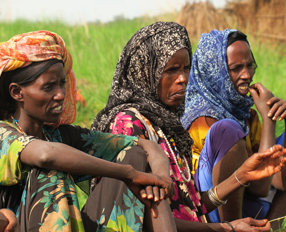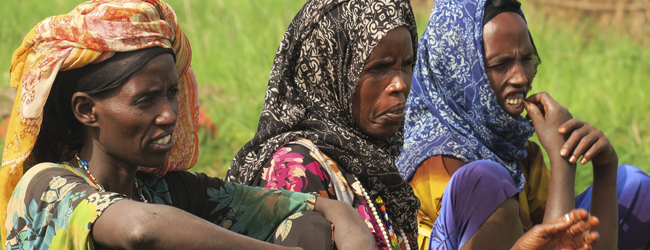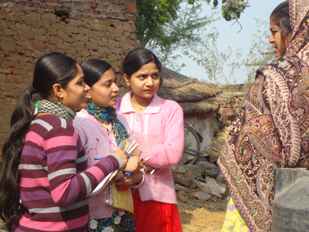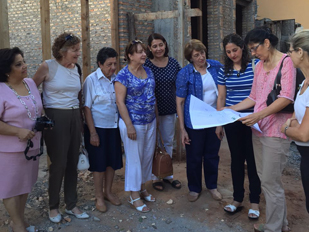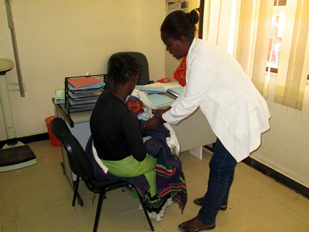Women in many countries of the world celebrate International Women’s Day on 8th March.
Women with ethnic, linguistic, cultural, economic and political differences from countries as diverse as Ethiopia, Palestine, Peru, Kazakhstan, India, Paraguay or Guatemala.
In these countries the FPSC works on projects for the promotion of women in all sectors and activities, to increase their social participation and to encourage their access to decision-making.
They are the true protagonists and drivers of development and change in their respective realities, breaking barriers, inequalities and taboos, building their future and that of their families.
On this day, from the FPSC, we want to pay tribute to the women who participate in our projects, improving the conditions of equality, justice, peace and development in the world.
At present, the FPSC develops several projects with the active participation of women in the face of their professional training, thus generating opportunities for their incorporation into the labour market and the productive process, in many cases through the creation of micro enterprises.
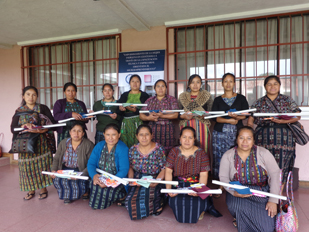
In the first case, in the Gravileas training centre, work is underway on “Improving production and business skills of indigenous women in poverty in three departments in Guatemala for incorporation into the production process with handmade quality products”. The training is done through training in hotel management; commercial bakery; commercial pastries; typical sweets; Jellies and jams; textiles (cut and tailoring, waistband weaving, embroidery, etc.).
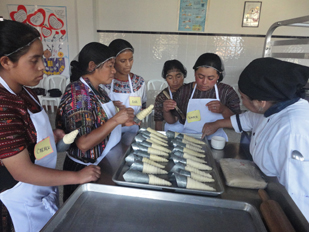
In India, the FPSC has contributed to the construction of the Kamalini Vocational Training Center and its support enables young women with little or no resources to participate in vocational guidance and training programs in the villages around the new Institute in Ghamroj and Dera, in Delhi and Rewari. Some of them also express their desire to help in the new institute of training of women, practicing as teachers or collaborating in the promotion.
In Paraguay, the project for the “Improving socio-economic situation of the vulnerable women of Paraguay through education and professional training” was developed by the local partner ADEXTRA and financed by OFID with the aim of building a new Training centre in Fernando de la Mora, which will overcome the limited access that many young women have to training, in this area, due to the great distances they have to travel and the cost of transportation.The school, currently under construction, will offer a bachelor’s degree in Social Sciences to graduates with specialization in gastronomy and micro and small business management. Adult women will be given vocational training and non-formal education in cooking and craft areas.
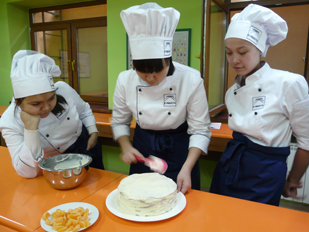
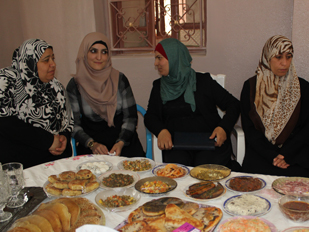
Also, the agreement promotes the empowerment of women in the communities through their incorporation into the productive process with equity through the creation of cooperatives.
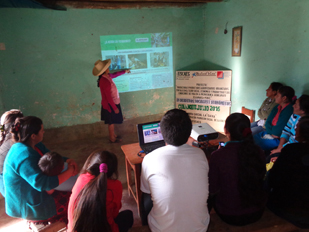
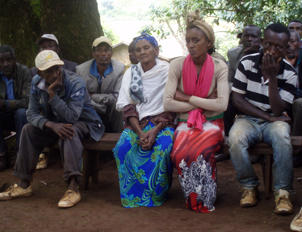
And in the same country, the project “Improving maternal and child health at the St. Gabriel health centre”, funded by the Majadahonda City Council, is also being developed, which aims to contribute to reducing the mortality of children under 5 and thus, increasing the number of babies born free of HIV.
In it, mothers improve their knowledge about the health care of mothers, children and pregnant women who are HIV-positive. They go to the Mother-to-Child AIDS Transmission Prevention program for the duration of the project.
In Spain, young women from 20 youth associations of women and residences, with which the FPSC has signed a collaboration agreement, work in voluntary programs, which contributes to their future social participation and to become agents of social change.





